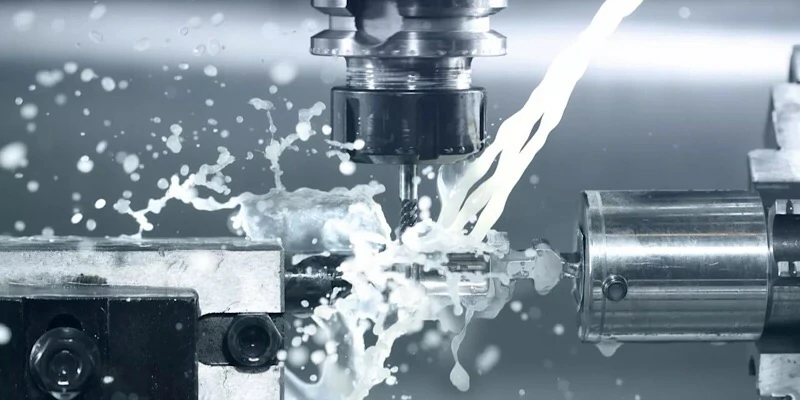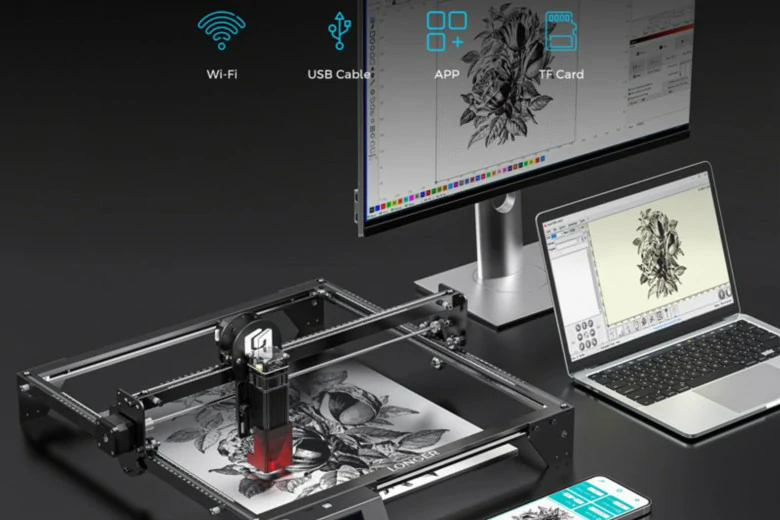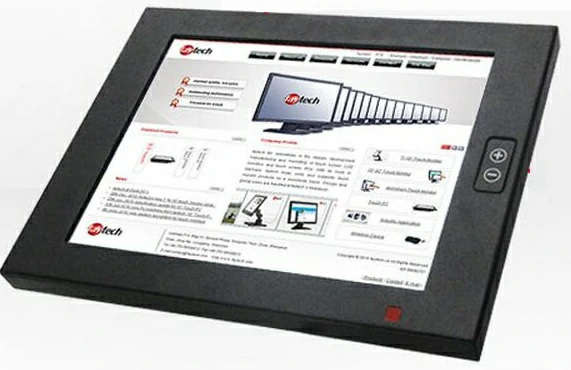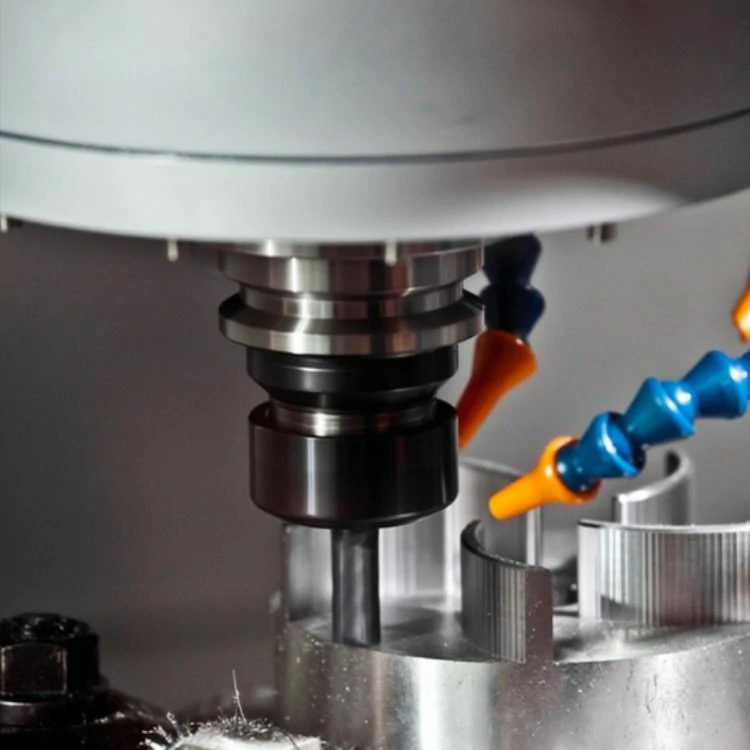CNC Machining of Aluminum Profiles
Introduction
CNC (Computer Numerical Control) machining is a widely used manufacturing process that involves the use of computerized machine tools to transform raw materials into precise and complex parts. One popular material in CNC machining is aluminum, known for its lightweight, high strength, and excellent machinability. In this article, we will explore the process of CNC machining of aluminum profiles and discuss its advantages and applications.
Advantages of CNC Machining Aluminum Profiles
1. Precision: CNC machining offers exceptional precision, allowing for the production of highly accurate aluminum profiles. The computer-controlled machines follow pre-programmed instructions to perform precise cuts, holes, and other machining operations, ensuring consistent quality throughout the production process.
2. Versatility: CNC machining of aluminum profiles enables the creation of intricate designs and complex geometries. The machines are capable of producing various features, such as pockets, slots, threads, and chamfers, allowing for limitless design possibilities. This versatility makes aluminum profiles suitable for a wide range of applications across industries.
3. Efficiency: CNC machining is a highly efficient process, capable of producing aluminum profiles with minimal material waste. With optimized tool paths and computerized control, the machines operate at high speeds while maintaining accuracy, reducing production time and costs. Additionally, CNC machining can be automated, further enhancing efficiency and productivity.
4. Surface Finish: Aluminum profiles produced through CNC machining exhibit excellent surface finish. The machines can achieve smooth surfaces and tight tolerances, eliminating the need for additional finishing processes. This results in high-quality aluminum profiles that require minimal post-processing, saving time and resources.
Applications of CNC Machined Aluminum Profiles
1. Aerospace Industry: Aluminum profiles find extensive use in the aerospace industry due to their lightweight and high strength properties. CNC machining allows for the production of aircraft components like brackets, panels, and frames, meeting the industry’s stringent requirements for precision and reliability.
2. Automotive Industry: CNC machined aluminum profiles are also widely used in the automotive industry. They are employed in the production of engine parts, transmission components, and body structures. The lightweight nature of aluminum helps improve fuel efficiency, while CNC machining ensures tight tolerances and consistent quality.
3. Electronics Industry: With the growing demand for compact and lightweight electronic devices, CNC machined aluminum profiles play a crucial role in the manufacturing of electronic enclosures, heat sinks, and connectors. The precise machining process ensures proper fitting of components and effective heat dissipation.
4. Construction Industry: CNC machined aluminum profiles are utilized in the construction industry for various applications, including curtain walls, window frames, and structural components. The combination of strength, durability, and versatility makes aluminum profiles an ideal choice for modern architecture and design.
Conclusion
CNC machining of aluminum profiles offers numerous advantages, including precision, versatility, efficiency, and excellent surface finish. Its applications span across industries such as aerospace, automotive, electronics, and construction. As technology advances, CNC machining will continue to evolve, enabling the production of more complex and intricate aluminum profiles.
.webp)



